Eating a high-protein diet in the short term does not generally have a negative impact on overall health. However, eating this way over a long period of time may increase the risk of certain diseases.
Protein is an important nutrient that helps the body maintain a healthy weight and build muscle mass. People recovering from surgery, exercising intensely, or who are prone to muscle loss due to age are often advised to eat more protein, according to the health website Everyday Health (USA).
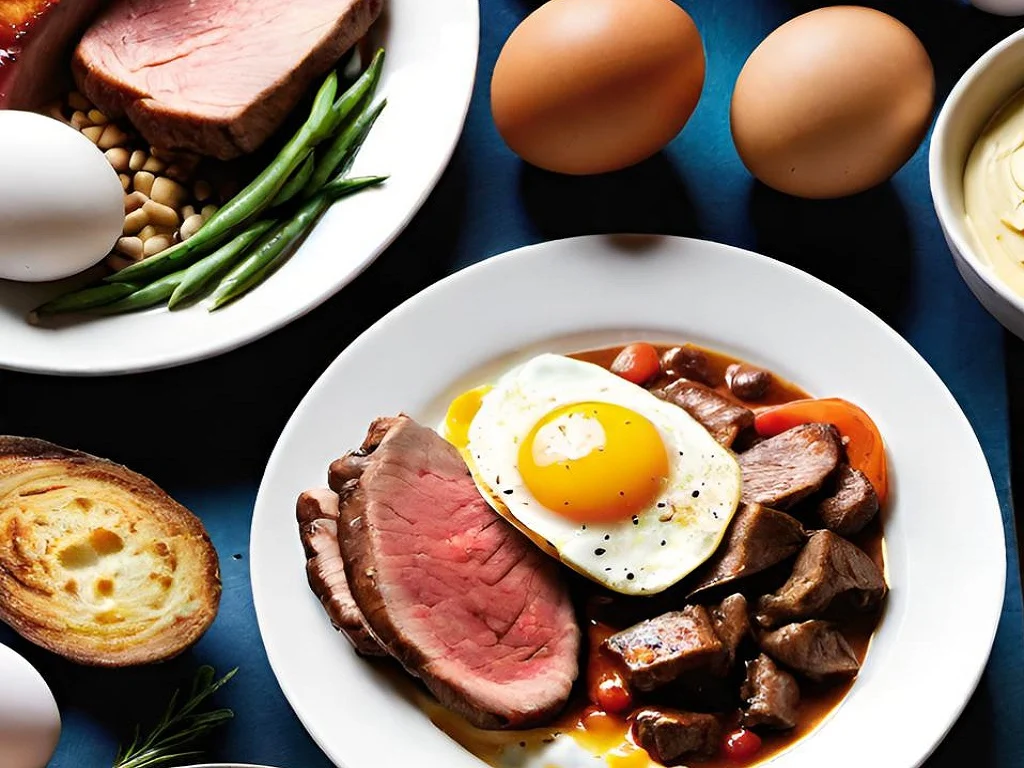
Protein-rich foods are essential for the body, but eating too much can be harmful.
The recommended amount of protein for adults is 0.8 grams per kilogram of body weight. If a person weighs 50 kilograms, the amount of protein they need to consume each day is 40 grams. Eating a high-protein diet for a long time can cause some health problems, especially for people with high cholesterol or kidney problems.
Warning signs that a person is consuming too much protein include:
Foamy urine
Foamy urine is a sign of high protein levels in the urine. This can be a serious warning sign of kidney damage. People should not be subjective if this condition persists with frequent urination.
Dehydration
When protein is metabolized in the body, nitrogen is produced as a byproduct. The kidneys have to work harder to eliminate this nitrogen, resulting in the need for more water. If you do not drink enough water, the body can easily become dehydrated, causing thirst, fatigue, dizziness, lightheadedness, dry skin, and dry mouth.
Eating a lot of animal protein may increase the risk of kidney stones.
Some research evidence suggests that eating a lot of protein, especially animal protein, may increase the risk of kidney stones. This is because the kidneys excrete nitrogen. This excess nitrogen upsets the acid balance in the urine, causing increased excretion of calcium and oxalate in the urine. As a result, these minerals are more likely to form kidney stones.
Weight gain
Protein will help people feel full for a long time, thereby reducing cravings and helping to lose weight. However, foods rich in protein, such as red meat, chicken breast, milk, eggs, beans, mushrooms, also contain calories. Eating too much will cause a calorie surplus and weight gain.
When these signs appear, people need to reduce the amount of protein in their diet. To make the meal more balanced, some of the protein-rich foods can be replaced with fiber-rich foods such as vegetables, fruits or whole grains, according to Everyday Health .
Source: https://thanhnien.vn/4-dau-hieu-canh-bao-co-the-dang-nap-qua-nhieu-protein-185241224142059269.htm







![[Photo] Binh Trieu 1 Bridge has been completed, raised by 1.1m, and will open to traffic at the end of November.](https://vphoto.vietnam.vn/thumb/1200x675/vietnam/resource/IMAGE/2025/10/2/a6549e2a3b5848a1ba76a1ded6141fae)

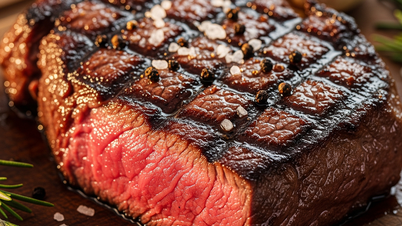

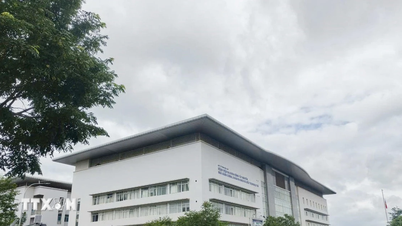

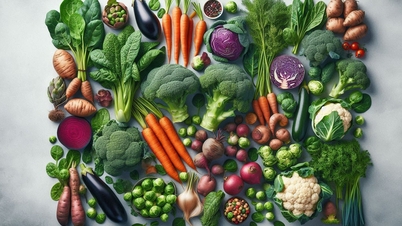

![[Video] Ministry of Health issues document to rectify medical examination and treatment work](https://vphoto.vietnam.vn/thumb/402x226/vietnam/resource/IMAGE/2025/10/2/54913f30a9934e18bcbb246c2c85f11d)




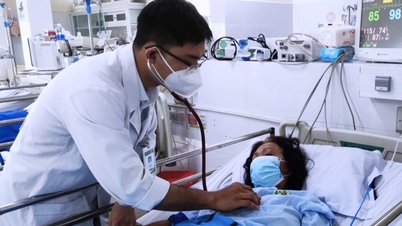











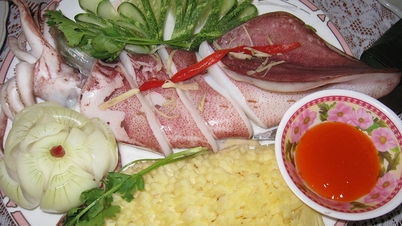



































































Comment (0)